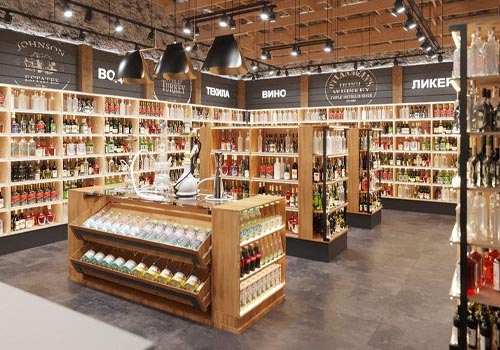Introduction
Liquor stores are a profitable business venture for entrepreneurs seeking stable cash flow. The alcohol industry is a multi-billion-dollar sector that consistently grows year after year. If you’re interested in buying or selling a liquor store, it’s essential to understand the legal requirements, market trends, and valuation process. In this blog, we’ll cover everything you need to know about buying and selling liquor stores.
Why Invest in a Liquor Store?
Liquor stores are a great investment for several reasons. First, alcohol sales are consistently strong, with people purchasing drinks for both personal use and social gatherings. Additionally, liquor stores offer a diverse range of products, including wine, spirits, beer, and other high-margin items, providing business owners with a steady revenue stream.
Legal and Licensing Requirements for Liquor Stores
The most significant challenge in owning a liquor store is navigating the legal landscape. Every state has its own set of laws regarding the sale of alcohol, including the types of licenses required. You’ll need to apply for a liquor license, which can be costly and time-consuming. Zoning laws may also impact where you can operate a liquor store. Be prepared to handle the regulatory hurdles to ensure your business is legally compliant.
Evaluating the Value of a Liquor Store
When buying or selling a liquor store, it’s essential to evaluate its value properly. Look at the financials—how much the store is earning, its profit margins, and operating costs. The location is also a crucial factor; stores in high-traffic areas tend to have higher valuations. Additionally, the lease agreement and the store’s inventory play a role in determining its value.
The Buying and Selling Process
The buying and selling process for liquor stores is similar to other businesses but with added complexity due to licensing requirements. Buyers need to ensure that they can acquire the necessary licenses and that the store’s financial health is sound. Sellers should prepare the business by cleaning up financials and ensuring that all legal documentation is in order. Working with a professional broker like JG Commercial Group can simplify this process.
Financing Options for Liquor Store Purchases
Many buyers choose to finance liquor store acquisitions through SBA loans, which offer favorable terms. Seller financing is also a viable option, especially for small businesses. Be sure to have your financials in order and consider working with a business advisor to secure the best financing terms.
Conclusion
Owning a liquor store can be a lucrative business venture, but navigating the complexities of the industry requires expertise. If you’re looking to buy or sell a liquor store, JG Commercial Group can help guide you through the legal, financial, and operational steps to ensure a smooth transaction.
